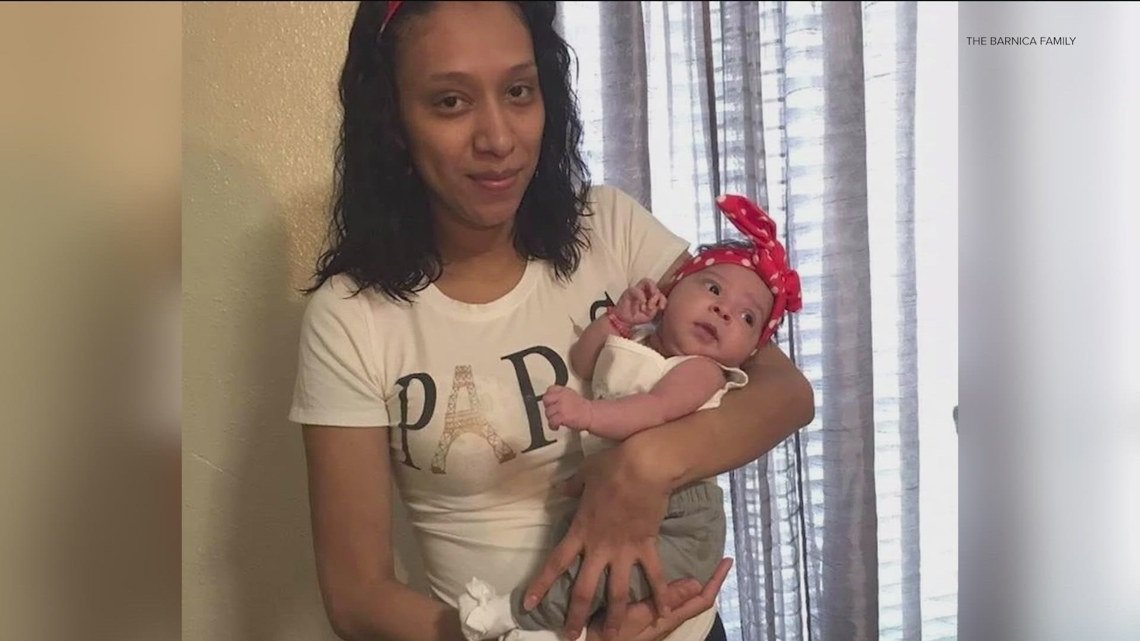health
Texas Woman Dies as Hospital Claims Intervention in Miscarriage Would Be Criminal

In a tragic case from Texas, Josseli Barnica, a pregnant woman, died after medical professionals delayed necessary intervention during a miscarriage. Barnica, at 17 weeks, faced a dire situation when doctors informed her they could not act until a fetal heartbeat ceased.
On September 3, 2021, Barnica experienced severe complications while hospitalized in Houston. Doctors noted that a miscarriage was already underway, but treatment options were withheld unnecessarily. Her husband recalled that she was told it would be a “crime” to proceed without a confirmed lack of heartbeat.
Despite her worsening condition over a torturous 40 hours, during which her vulnerable state exposed her to potential infection, the medical team did not intervene. Ultimately, Barnica succumbed to sepsis days after delivering her fetus.
Experts and advocates have raised alarms over this case, emphasizing that the delay reflected broader issues stemming from restrictive Texas abortion laws. These laws complicate the medical decision-making process, deterring doctors from providing timely care due to fear of legal repercussions.
ProPublica discovered Barnica’s case alongside another similar case in Texas, where women faced lethal consequences from delayed medical care under the state’s stringent abortion regulations. The implications of these laws have drawn scrutiny from medical professionals nationwide, many of whom argue that prompt intervention could have saved Barnica.
In a statement, HCA Healthcare, where Barnica received treatment, highlighted their compliance with legal requirements but did not delve into specifics concerning her case. Responses from the medical staff involved have been absent despite multiple requests for commentary.
Texas lawmakers have faced increasing pressure regarding maternal health since the enactment of restrictive legislation. While minor reforms have been introduced, fears persist among healthcare providers about prosecution, leading to hesitance in critical situations. Barnica’s death serves as a stark reminder of the consequences of such laws.
As Barnica’s husband continues to navigate life as a single father, he reflects on the loss of his wife and their dreams for a larger family. His poignant struggle to manage grief while raising a daughter highlights the very real human toll of these legislative measures.


















